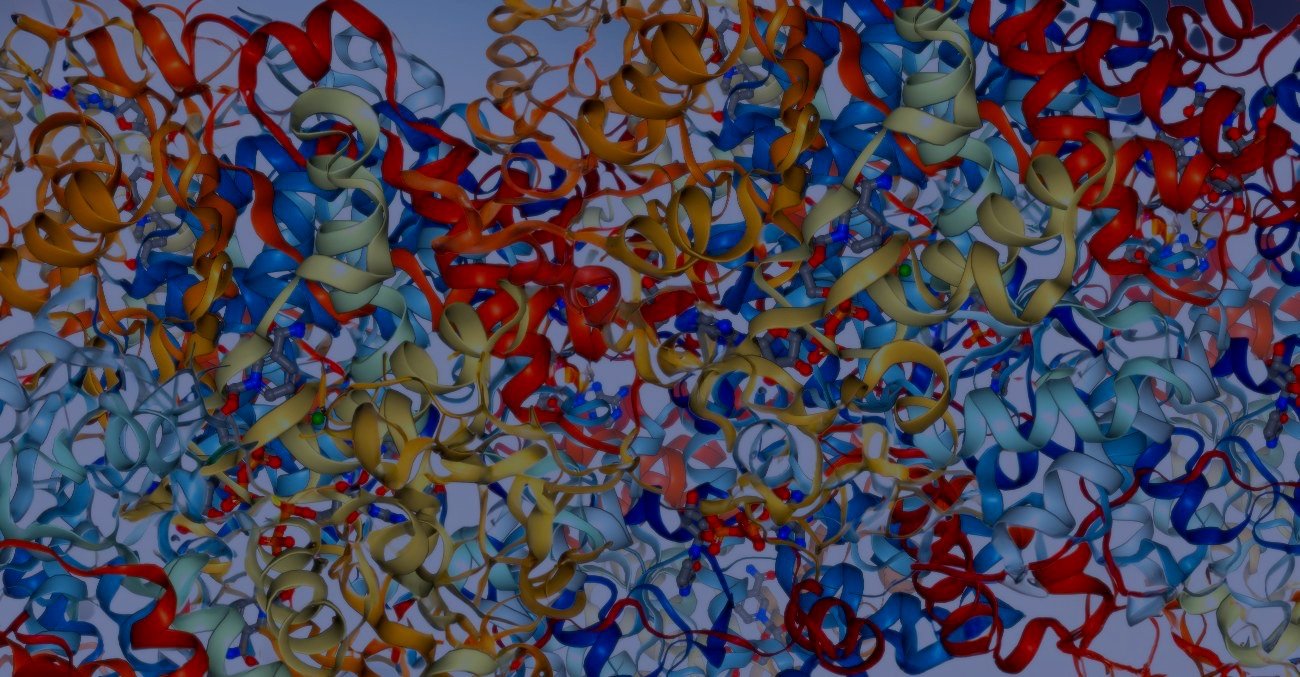
ENZYMES
About Enzymes
INOFEA offers tailor-made enzyme solutions. But what are they and why are they so important for the industry?
Enzymes are protein molecules which carry a vital energy factor needed for every chemical reaction and reactions that occur in any living organism. The enzymes are essential to digest what we eat, to gain the energy that keeps our body alive.
Enzymes perform as biocatalysts for various chemical reactions. One of the main characteristics of enzymes is their high specificity. Compared to chemical catalysts, enzymes catalyse only certain reactions. This favours enzymes as the preferred catalyst in pharmaceutical production processes. In comparison to chemical catalysis, biocatalysis reduces the number of intermediates needed to manufacture the final API.
Enzymatic reactions - In the presence of a substrate, the substrate enters the active site of the enzyme by formation of an enzyme-substrate complex followed by the release of the product.
Enzymes have complex molecular structures that are extremely fragile and costly to produce. A multitude of factors like acidity, temperature or the presence of chaotropic agents can affect enzyme structure and its properties. A process called enzyme denaturation diminishes their capability to act as biocatalyst.
INOFEA empowers enzymes - One of the major challenges in biocatalysis is to transform the physiological catalysts into process catalysts, able to perform an enzymatic reaction under the tough conditions often seen in an industrial process. Enzyme stabilization and protection is INOFEA’s core business. An immobilized enzyme includes the attachment to a solid particle and our shielding increases the stability of enzymes to changes in temperature and pH, making them fit for use under typical process conditions. The shielding also avoids enzyme leaching and thus contributes to purity of final products.


